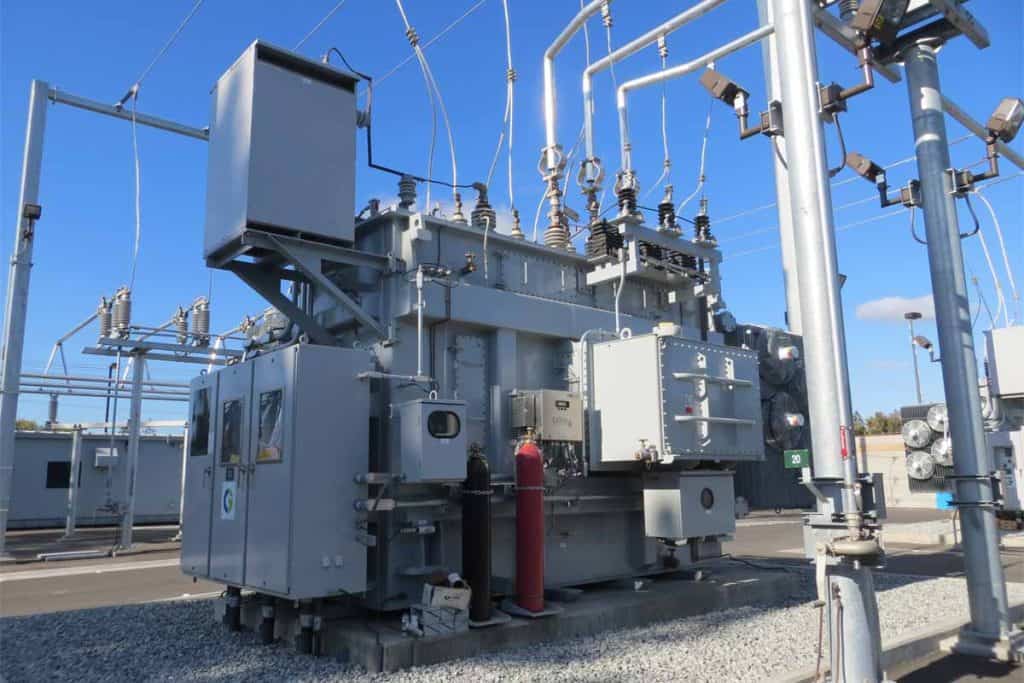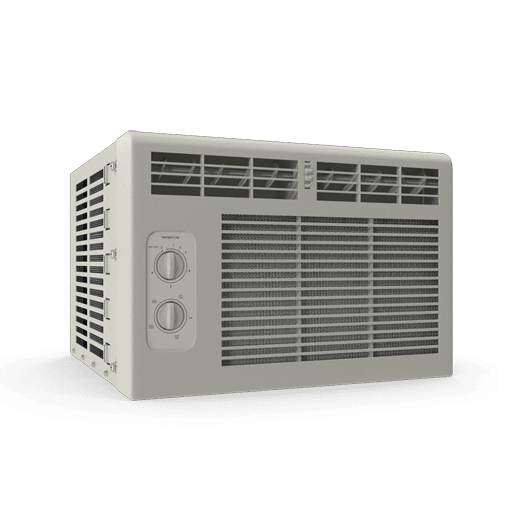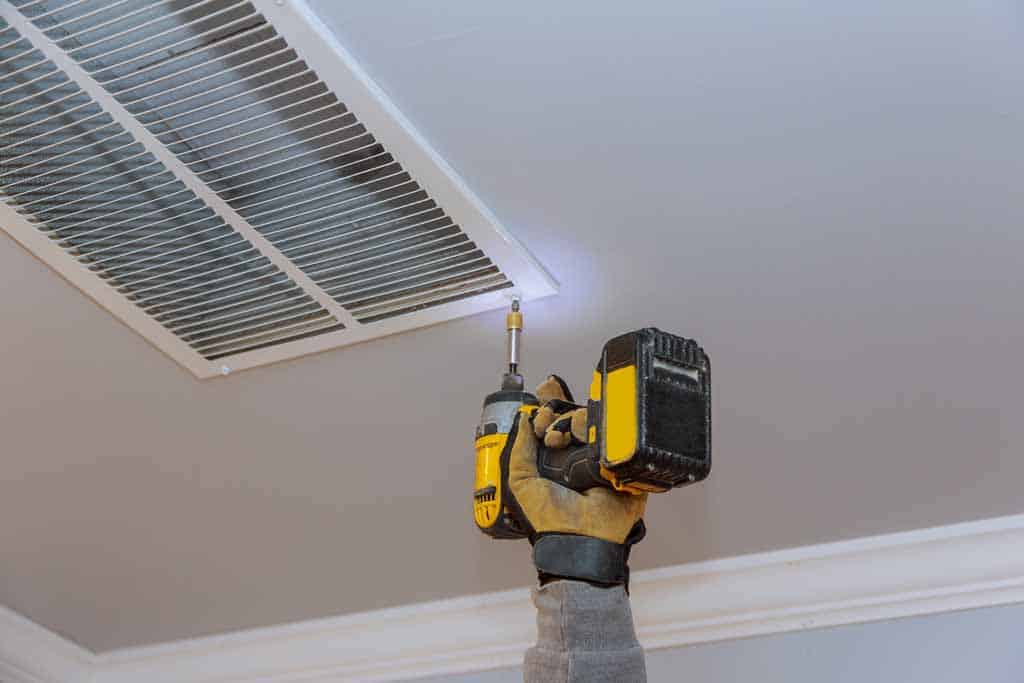If your air conditioning electrical requirements system won’t turn on when you need it to, or if it makes an annoying sound and the problem persists, there could be something wrong with your electrical system. But with some knowledge about how air conditioning electrical requirements works, you can easily rule out some of these problems quickly and easily.
- Most air conditioners run on either 115 or 220 volts, with 125 volts being the most common.
- The amperage rating can range from 15 to 20 amps.
- The lower two voltage ratings are usually used for window units, while the higher voltage is used for central air units.
- Air conditioners use a lot of electricity, so it’s important to make sure that your home’s electrical system can handle the load.
If you’re not sure, consult an electrician before purchasing an air conditioner.
The air conditioner has three main parts:
- Condensers convert refrigerants from gases to liquids
- The evaporator does the opposite by converting the refrigerant from a liquid to a gas
- It is the compressor. Circulation of refrigerant is what keeps the system cool.
Each of these parts needs air conditioning and electricity to work correctly. The condenser and evaporator need it to run the fans that circulate the air, while the compressor needs to start up and run continuously. If any of these parts aren’t getting enough electricity, it could cause your air conditioner to malfunction.
The most common reason an air conditioner stops working is that the condenser fan isn’t running. It could be because the fan motor has burned out or something is blocking the blades from turning.
If you can see that the fan isn’t moving, try dislodging any debris that might be blocking it before calling a technician.
Frozen evaporator coils are another possibility. It can happen if a dirty air filter usually causes insufficient airflow over the ring. By replacing the filter, you can fix the electrical requirements of the air conditioner.
Want To Save More On Your Electricity Bills?
Is Your HVAC System Not Cooling Your Home Enough?
What Is An Air Conditioner?
An air conditioner is a device intended to cool down the air in a room or building. It works by circulating the air in the room or building and cooling it down using a refrigerant.
Air conditioners are a standard fixture in many homes, office buildings, and other commercial buildings.
The most critical factor in determining the air conditioning electrical requirements for your air conditioner is the size of the unit.
The larger the unit, the more electricity it will require. A consideration of the climate is also essential.
If you live in a hot climate, your air conditioner will have to work harder to keep your home cool and use more electricity. A few other factors can affect your air conditioner’s electrical requirements, but these are the two most important ones.
The specific voltage requirements for your unit will appear on the manufacturer’s label, usually on the back, usually on the back.
In addition to the proper voltage, your air conditioner needs a dedicated circuit breaker. This breaker should fit the manufacturer’s specifications and be the only appliance plugged into that circuit.
If you have questions about your air conditioning electrical requirements, consult your owner’s manual or contact a qualified electrician.
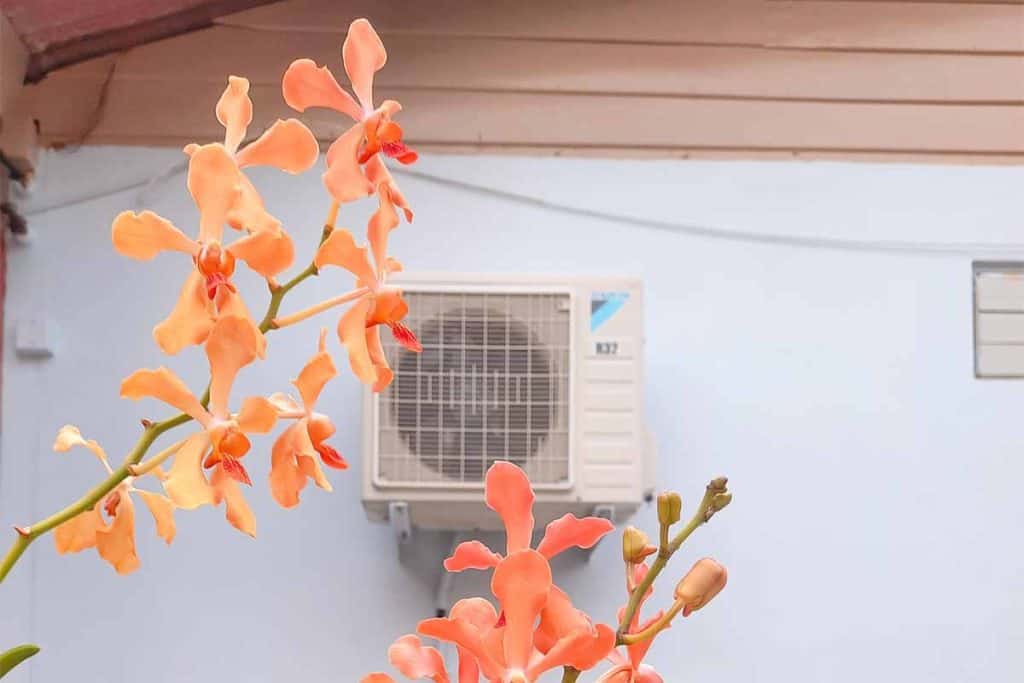
How Does An Air Conditioner Work?
An air conditioning electrical requirement works by circulating the air in the room or building and cooling it down using a refrigerant. The refrigerant is a gas that transfers heat air inside the room or building to the outside air.
Most homes, office buildings, and other commercial buildings. How much energy does an air conditioner use?
The energy usage of an air conditioner depends on its size and efficiency. An air conditioner typically consumes 3,500 watts.
- Your home’s air conditioner is vital to your comfort during the hot summer. But how does it work? Let’s look at how air conditioners maintain a comfortable temperature in your home and the air conditioning electrical requirements for them to function.
- Air conditioners move heat from the inside of your home to the outside.
- Compressing refrigerant gas is the first step in the process. It raises the refrigerant’s temperature and turns it into hot, high-pressure vapor.
- This vapor moves through your air conditioner’s coils. These coils help transfer heat from the moisture to the outside air, cooling the steam into a liquid form. The now-cooled refrigerant flows back to the compressor, where the cycle begins again.
Why Do Air Conditioners Use Electricity?
As most people know, air conditioners require electricity to operate. What many people don’t know, however, is the specific electrical requirements that air conditioners need to function correctly.
We’ll review the basics of air conditioning and electrical requirements to ensure your AC unit gets the power it requires.
First and foremost, air conditioners need a dedicated circuit to function. It means the circuit must be dedicated solely to the AC unit and nothing else. If other devices or appliances plug into the same course, this can cause problems for the air conditioner.
Another essential factor to consider is the amps that the air conditioner requires. Most AC units require between 15 and 20 amps, so check what your unit needs before plugging it in.
It’s essential to ensure that the AC unit’s circuit breaker is appropriately rated. A too-small breaker can cause problems for the AC unit, so be sure to consult an electrician if you’re unsure about what size breaker you need.
As the weather gets warmer, many of us turn on our air conditioners for the first time in months. But before you do, it’s worth mentioning that many newer air conditioners have special features requiring additional electrical hookups.
- Some models come with a heat pump, which can help heat your home in the winter and cool it in the summer.
- Models typically require a 220-volt outlet, which is not standard in most homes.
- Other models come with a built-in humidifier, which can help to improve indoor air quality. These units usually require a dedicated water line, which not all homes have.
So before buying a new air conditioner, check the electrical requirements and make sure you can meet them.
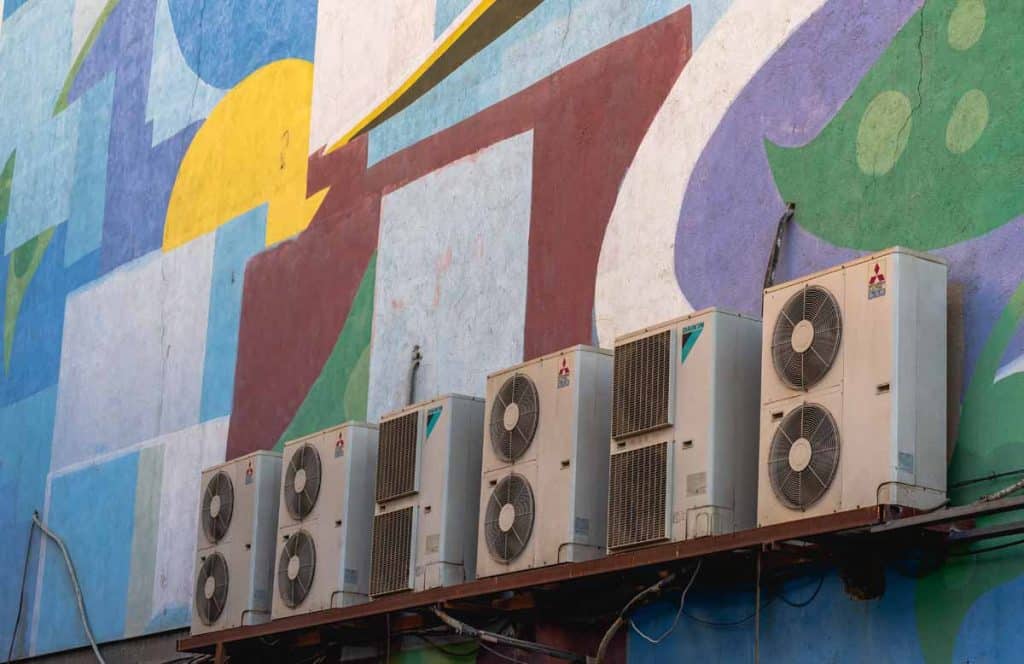
Tips And Tricks To Running Your Air Conditioner
When it comes to your air conditioner, there are a few things you need to know to keep it running correctly. To help you out, here are some tips and tricks for air conditioning electrical requirements.
- Ensure that the area around your air conditioner is clear and debris-free. As the weather gets warmer, many of us consider how to keep our homes cool and comfortable during the hottest months.
One way to do this is by using an air conditioner. But before you turn on your air conditioner for the first time this season, it’s essential to ensure that the area around your air conditioner is clear and free of debris.
One reason it’s essential to keep the area around your air conditioner clear is for safety reasons. If there are any flammable materials near your air conditioner, they could catch fire if the unit overheats. Additionally, debris blocking the airflow around your air conditioner could cause the unit to overheat and shut down.
Another reason to keep the area around your air conditioner clear is to help it run more efficiently. It will help ensure that the unit can breathe and function properly.
- Check the air conditioning electrical requirements for your specific model of air conditioner. Before purchasing an air conditioner, check the electrical requirements for your particular model. Most air conditioners require a dedicated circuit and 240-volt outlet. The size of the unit will determine the amperage rating of the circuit breaker needed.
If you are unfamiliar with electrical work, it is best to hire a professional electrician to install your air conditioner. Improper installation can be dangerous and void your warranty. Most units will require a dedicated circuit.
Be sure to clean or change the air filter regularly. It’s important to clean or change the air filter regularly to keep your air conditioner working properly.
A dirty air filter can cause your air conditioner to work harder, which uses more electricity and can lead to higher energy bills. A dirty filter can restrict airflow and cause your unit to work harder than necessary.
- If you notice any strange noises coming from your air conditioner, be sure to have it checked out by a professional. These sounds could indicate that your air conditioner is not operating correctly and may need repairs.
Some common issues that can cause strange noises in your air conditioning are electrical requirements, including loose parts, debris in the unit, or worn-out bearings. If left unchecked, these problems can lead to further damage to your air conditioner and may eventually lead to a complete breakdown of the unit.
If your air conditioner needs serviced, professionals can make the necessary repairs quickly.
Professional technicians have the knowledge and experience to identify and fix any problem with your air conditioner. In most cases, they can even provide preventative maintenance that can help extend the life of your unit.
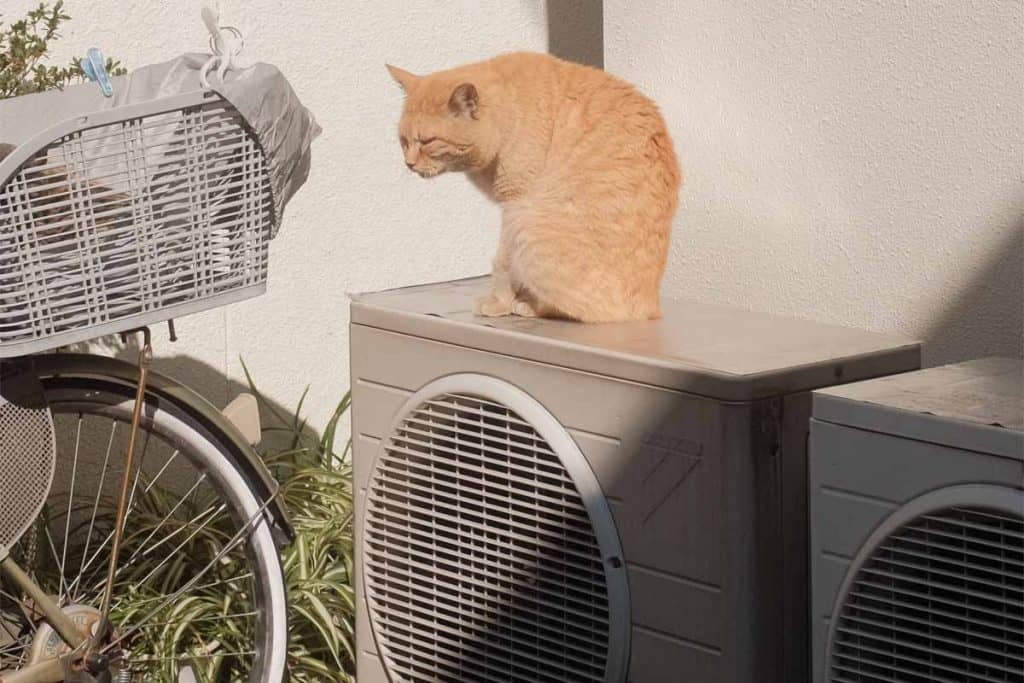
The Benefits Of Air Conditioning
As the weather warms, many start thinking about firing the air conditioning electrical requirements. But before you do, it’s essential to consider the electrical needs of your air conditioner.
- As the weather warms, many start thinking about firing the air conditioner. Air conditioners are one of the most common home appliances and come in various shapes and sizes.
- Some air conditioners are small enough to fit in a window, while others are large enough to cool an entire house.No matter what size you have, it’s essential to ensure that it has the proper electrical requirements.
- Most air conditioners need a dedicated circuit, which means you can’t plug them into the same outlet as your TV or other electronics.
If you’re unsure whether your air conditioner has the proper electrical requirements, check the manufacturer’s instructions or ask a qualified electrician.
- Most central air conditioning units are about 3 feet wide and 7 feet tall. They must be installed on a level concrete pad that is large enough to hold the team.
The electrical requirements for central air conditioners vary depending on the size of the unit. A unit that is 24,000 BTUs will require a 240-volt, 30-amp circuit.
- A window air conditioner typically weighs between 50 and 80 pounds. Most window air conditioners have an electrical rating of 115 volts and require a dedicated circuit.
The power requirements for a window air conditioner vary depending on the size and capacity of the unit. Air conditioners use a lot of electricity. They are one of the biggest energy hogs in your home.
How Are Air Conditioners Used Today?
The air conditioning electrical requirements exist in almost every home. They provide a much-needed respite from the heat during the hot summer months. But how do these devices work? And what are their electrical requirements?
A closed-loop system circulates refrigerant in air conditioners.
- Air conditioners work by circulating refrigerant through a closed system of coils and tubes.
- The refrigerant absorbs heat from the indoor air and fans back outside.
- This process requires substantial electricity to run the compressor and other components within the system.
The refrigerant absorbs heat from the indoor air and then releases it outdoors. This process cools the air inside the home.
- The refrigerant in an air conditioner absorbs heat from the indoor air and then releases it outdoors. As a result of this process, the air inside the home becomes cooler, making it more comfortable for people to live.
- Air conditioners have different electrical requirements depending on their size and power. A small window unit may only need a 110-volt outlet, while a large central air conditioner may require a 220-volt circuit.
- Air conditioners are vital to many homes, especially in hot climates. They can help keep people cool and comfortable during the year’s hottest months.
Most residential air conditioners have a cooling capacity of between 1 and 5 tons. The electrical requirements for these units vary depending on their size. A 1-ton team will require about even amps of power, while a 5-ton unit will need around 30 amps.
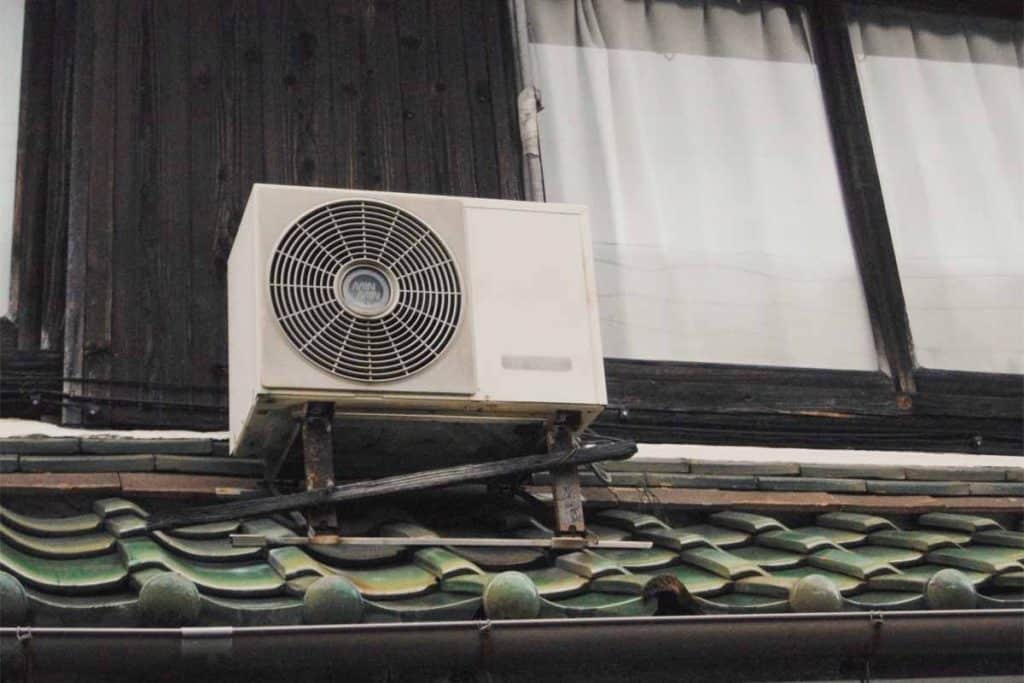
How Have Air Conditioners Changed Over Time?
Air conditioners have come a long way since their invention in the early 20th century. Early air conditioners were large and bulky and required a lot of electricity to run.
The air conditioning electrical requirements are much more energy-efficient than they used to be. They can now run on less electricity while still providing the same level of cooling power. This is good news for both your wallet and the environment.
Air conditioning electrical requirements come in all shapes and sizes, from small window units to large central systems.
- Air conditioners, from small window units to large central systems, come in all shapes and sizes.
- But regardless of their size, all air conditioners have the exact basic electrical requirements.
- Most air conditioners require a 240-volt circuit to operate, which is why they are often plugged into a dedicated circuit breaker in your home’s main electrical panel.
- Some smaller air conditioners may be able to operate on a 120-volt circuit, but this is typically not enough power to run a central air conditioning system.
- In addition to the correct voltage, your air conditioner will need enough amperage to start and run properly.
They can be used to cool both homes and businesses, making them a versatile option for climate control.
When choosing an air conditioner, it’s essential to consider the unit’s air conditioning and electrical requirements. Most air conditioners require a dedicated circuit, so you’ll need to have an electrician install a new course before you can use the air conditioner.
This is an important safety consideration, so consider investing in the installation cost when budgeting for your new air conditioner.
Conclusion
When choosing an air conditioner, it is essential to consider the air conditioning electrical requirements.
Air conditioners come in various sizes and shapes, so it is essential to find one that will fit your needs and budget. You can find the perfect air conditioner for your home and business with some research.

